Math

Educators and Parents, Sign Up for The Cheat Sheet
Weekly updates to help you use Science News Explores in the learning environment
Thank you for signing up!
There was a problem signing you up.
-
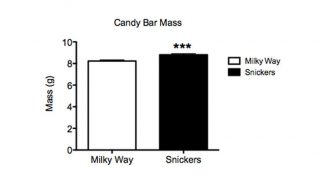 Math
MathScientists Say: Y-axis
The bars on a graph tell you nothing unless you know what they mean. The lines on the sides can let you know.
-
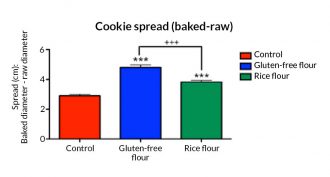 Math
MathScientists Say: X-axis
The bars on a graph tell you nothing unless you know what they mean. The lines on the sides can let you know.
-
 Science & Society
Science & SocietyU.S. grasp of science is improving — but there’s a catch
Americans’ grasp of science is improving. But a new study shows that adults’ scores can vary depending on how questions are phrased.
-
 Planets
PlanetsHunt is on for new Planet Nine
Lots of clues point to the likelihood that a mystery planet lurks in the outer suburbs of our solar system. Math and the screening of old photos may turn it up.
-
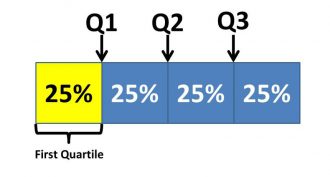 Math
MathScientists Say: Quartile
A quartile might sound like a fourth. But that’s not quite what it is.
-
 Brain
BrainParents’ math anxiety can ‘infect’ kids
A study of first- and second- graders found that kids whose parents fear math learn less math at school ¬— but only when parents help with homework.
By Ilima Loomis -
 Tech
TechPhoning in earthquakes
Sensors in your internet-connected phone, tablet or personal computer could help detect earthquakes more quickly and reliably.
-
 Math
MathNew math: Fail + try again = real learning
Hands-on instruction by trial and error is gaining traction. Kids really can learn mightily from their mistakes.
By Susan Moran -
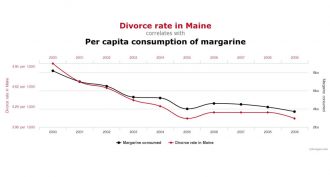 Math
MathExplainer: Correlation, causation, coincidence and more
Don’t jump to conclusions from statistics unless you understand correlation, causation, coincidence and confounding factors.
-
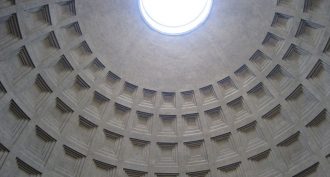 Computing
ComputingThese young scientists are passionate about tech and math
The 2015 Broadcom MASTERS International delegates show why math and computer skills are key to the success of science-fair projects.
-
 Tech
TechTo really learn, fail — then fail again!
Hands-on learning through trial and error is becoming more popular in schools. The good news: Mistakes can be very helpful.
By Susan Moran -
 Physics
PhysicsScience in Hollywood
Audiences are getting smarter, so the makers of movies, TV shows and video games are responding by enlisting scientists to make everything on screen appear even more authentic.